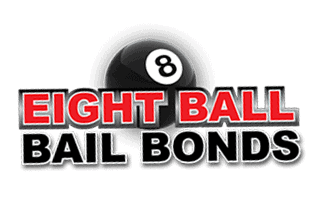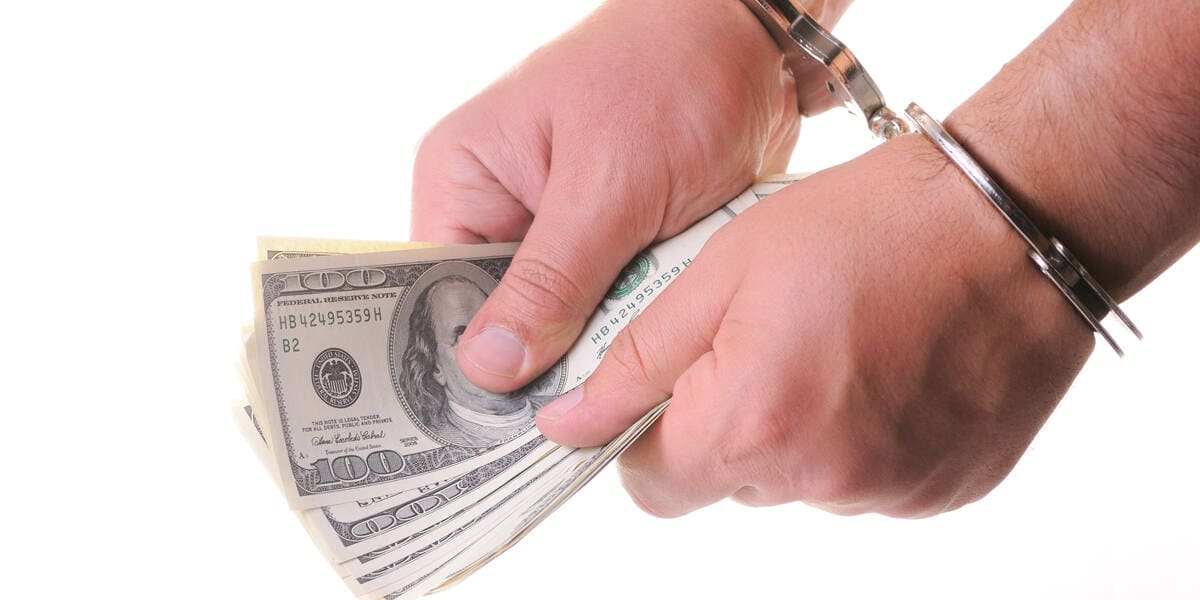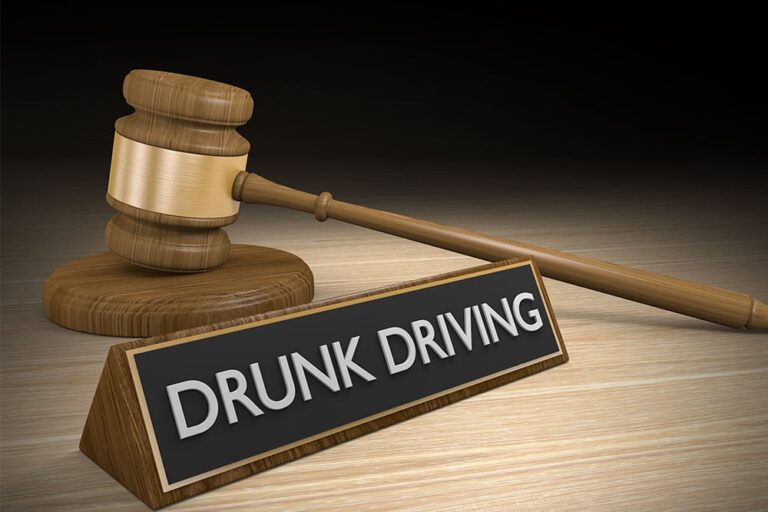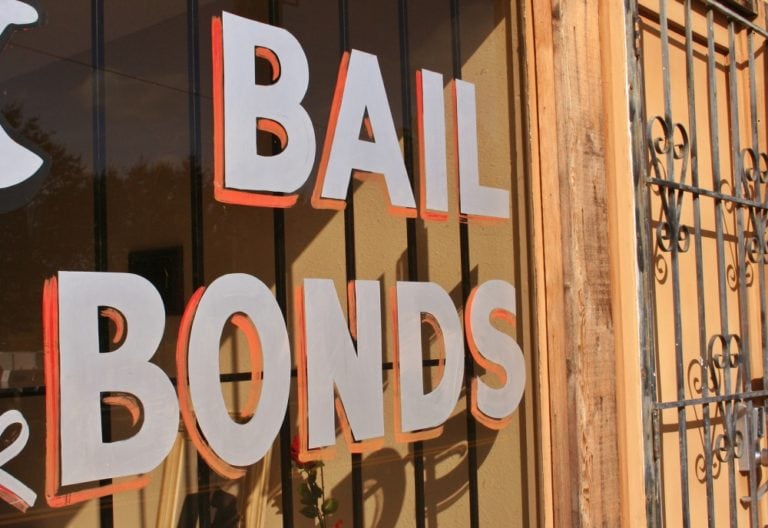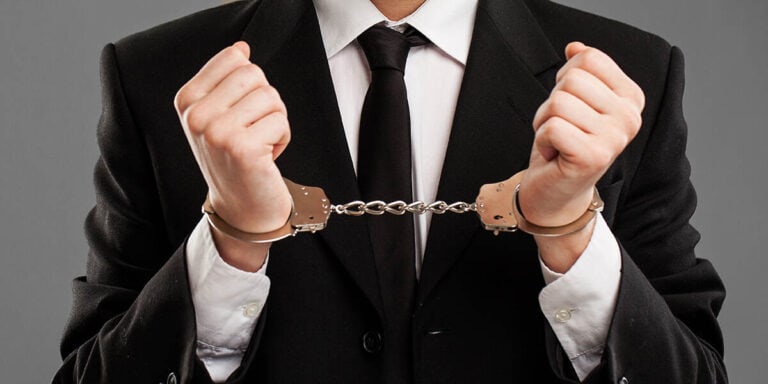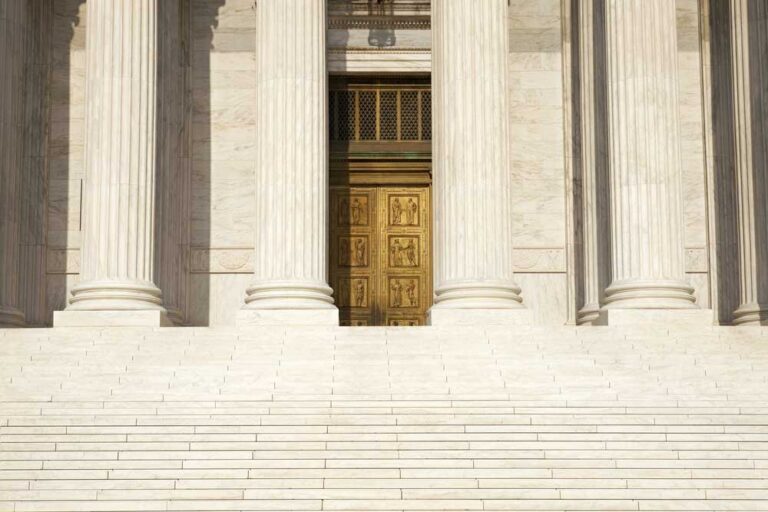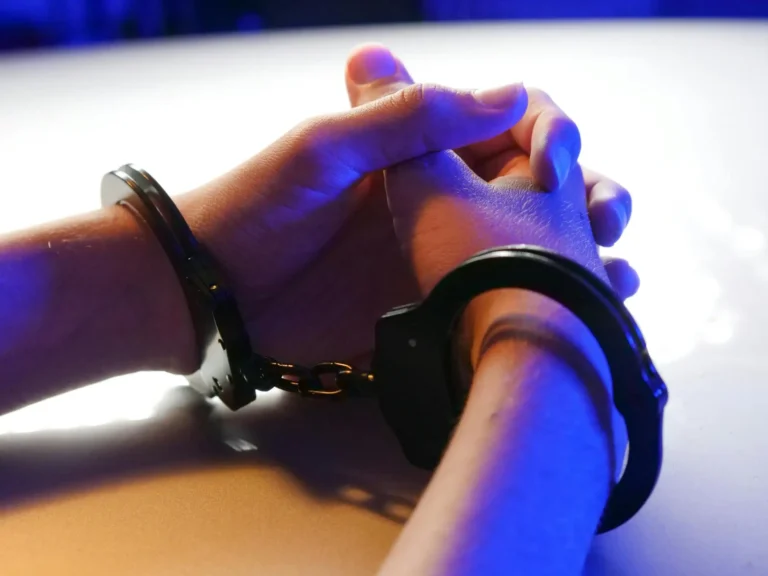What Happens If You Don’t Pay Your Bail Bond?
If you’re under arrest and facing the prospect of a criminal trial, you’ll want to look into bail bonds in Sacramento, CA. Bail assures the judge that you’ll appear in court at the appointed time so you can await your court date at home.
Since bail amounts can be very high, people typically work with a bail bond agency to co-sign their bail bond. This means you’ll need to pay a non-refundable fee. However, what happens if you don’t pay bail bonds? Learn what you can expect if you don’t repay the bondsman.
How Bail Bonds Work
A bail bond is a commitment by a person accused of a crime to show up in court for their trial. The bail bond agent who co-signs the bond is liable for the full bail amount in case of a defendant’s failure to appear. The bond agent charges a service fee in return for this financial risk. In California, this fee is usually around 10% of the bail amount.
For example, let’s say Tom faces DUI charges. He appears at a bail hearing, where the court looks into the details of his case. The judge decides the bail amount based on Tom’s criminal history, the specifics of his alleged offense (e.g., whether violence was involved), and whether he would pose a threat to others if released.
Finally, the court sets Tom’s bail at $10,000. Tom wants to go home while he awaits trial, but he doesn’t have $10,000 in cash. Thus, Tom contacts a bail bond agency.
The bond agent charges 10% of the bail amount, or $1,000. Tom also offers his car as collateral for the remaining $9,000. After Tom’s trial concludes, he keeps the collateral, while the agent retains the non-refundable fee of $1,000.
Consequences of Failing To Pay Bail Bonds
What happens if you don’t pay bail bonds? Will you go to jail if you fail to pay a bond agency’s fee? No, but non-payment still involves some serious repercussions, including the following:
- Legal penalties: A bail bond is a binding legal contract. If you don’t pay the agreed-upon fee, the bondsman can start a civil lawsuit against you. You’ll likely face trial and pay more than you originally owed because you must also cover legal fees and accrued interest.
- Collateral forfeiture: The bail bondsman’s debt collection process gives them the right to seize whatever you provided as collateral, whether a car, jewelry, or other valuables. If the collateral isn’t worth enough to cover the unpaid amount, the bail bond agency can sue you for what is left, plus interest and legal fees. The agency may even ask the court to garnish your wages.
- Damaged credit: Damage to your credit score is also on the list of what happens if you don’t pay bail bonds. Like any unpaid loan, the bail bond fees you owe can damage your credit. If the bail agency starts a debt collection process against you, it will appear on your credit report, and your score will suffer.
When your credit score drops, you may also run into other unpleasant outcomes. For instance, applying for a mortgage or a car loan will be much more difficult. A low credit score may even hurt your chances of qualifying for some jobs. Landlords may likewise hesitate to accept you as a tenant.
Growing interest payments on unpaid loans can push you into a never-ending cycle of debt and financial struggles. Eventually, you may have no choice but to file for bankruptcy.
The bottom line is obvious: you must honor your bond agreement. If you run into difficulties in paying bail bond fees, talk to the bond agency. The bondsman may offer you a workable payment plan. And, of course, always show up on your court dates.
Eight Ball Bail Bonds: Fast Bail Services Across California
Are you or a loved one under arrest? If you’re wondering, “What happens if you don’t pay bail bonds?” our team can explain the terms of different types of bail bonds and help you or your family member come home as soon as possible. Call us at Eight Ball Bail Bonds 24/7 for fast, secure bail services.
